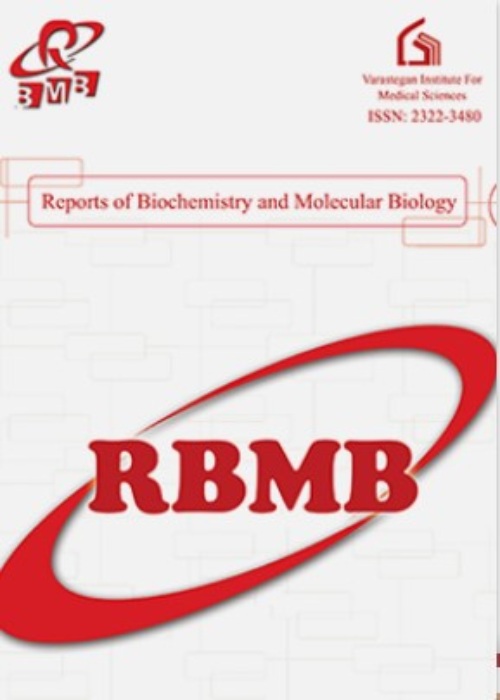Nutrient Deprivation Modulates the Metastatic Potential of Breast Cancer Cells
Breast cancer is the leading cause of cancer related death in women worldwide. The development of metastatic cancer is the main factor contributing to mortality. The molecular mechanisms underlying the metastatic process have yet to be clearly elucidated. However, the interplay between the tumor microenvironment and the cancer cells hold a critical role in influencing the progression of cancer metastasis. Within the microenvironment of solid tumors, the lack of sufficient vasculature leads to the development of nutrient deprived conditions. This study aimed to examine how nutrient deprivation influences factors involved in cancer progression and metastasis. Specifically, we examined how nutrient stress changes cancer cell migration, the gene expression, and cytokine production of metastasis-related factors in a human breast cancer cell line.
MCF7 breast cancer cells were cultured in serum-free media for 24, 48, and 72 h. Cell migration was evaluated using a transwell migration assay. The transcriptional expression of metastatic related genes was examined via real-time PCR. Cytokine production was examined via enzyme-linked immunosorbent assay.
Nutrient deprivation of the MCF7 cells significantly reduced cell migration after 24 h. However, following 72 h of nutrient deprivation, there was significant increase in cell migration compared to the 24 h group. Transcriptional expression of markers involved in migration including, β-catenin, twist, vimentin, fibronectin, ICAM1, VCAM1, and VEGF were up regulated after 72 h of nutrient deprivation. The cytokines TGFβ1, IL-8, and MCP1 were differentially secreted.
Nutrient deprivation is an environmental stress factor that can influence the behavior of cancer cells. Current treatments implement nutrient deprivation as a potential cancer treatment. Under short periods of nutrient deprivation, cancer cell migration is inhibited. However, our findings show that following extended lengths of nutrient deprivation, cancer cells are capable of adapting themselves to the environmental condition and restoring their migratory abilities. This, in part, may be a result of increased expression of metastasis-related genes. Further research is required to accurately identify how the expression of metastasis-related genes is modulated and controlled in response to nutrient deprivation and environmental stress.
- حق عضویت دریافتی صرف حمایت از نشریات عضو و نگهداری، تکمیل و توسعه مگیران میشود.
- پرداخت حق اشتراک و دانلود مقالات اجازه بازنشر آن در سایر رسانههای چاپی و دیجیتال را به کاربر نمیدهد.


